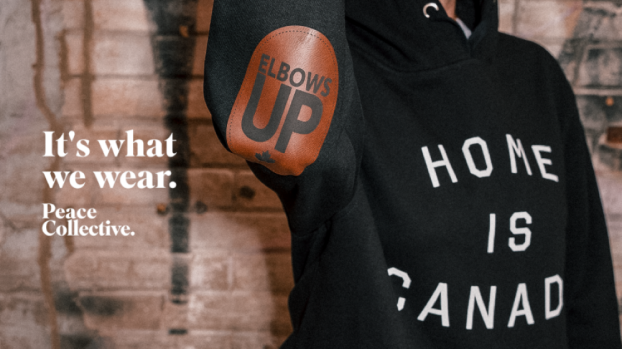Despite being cautious, consumers are still willing to share personal data with brands for some value in return, especially if they have a trusted relationship already, according to a new report from Aimia and the Columbia Business School.
In a global survey of about 8,000 people (including about 2,000 Canadians), 85% said they want to know more about the personal data that companies collect and roughly the same percentage say they want to have greater control over that information.
Overall, 43% of consumers surveyed are part of the “defender” mindset, meaning they are “high-defence” (or take action to protect their data) and aren’t happy to share their data. That’s followed by 24% who are deemed by the report to be “savvy and in control,” or high-defence but happy to share some data, and 23% who are “resigned,” or low-defence and not happy to share data. Only 10% are considered “happy go lucky,” or low-defence and happy to share their information.
What’s more, 80% will only give data to a limited number of companies they trust and 70% say they are worried that sharing data makes them targets for marketing campaigns. In addition, 59% say they have taken steps to try to stop brands from tracking and advertising to them.
However, when it comes to brand trust, the story does change somewhat. When asked if they would share data points that they previously said they weren’t willing to share with a brand they have had a trusted relationship with for at least a year, consumers were much more likely or somewhat more likely to share. Overall, 75% of consumers are more willing to share personal data with brands they trust (across industries, including financial services, e-commerce, retail and airlines, among others).
Overall, things like lifestyle information, purchase history or even email addresses weren’t considered by most consumers to be particularly sacred, but information like home addresses and mobile phone numbers make consumers more antsy to share, based on the report.
Offers such as cash back rewards, loyalty points, coupons and location-based discounts all have an influence on how willing people are to share non-required data points (essentially information other than an email address). In other words, brands need to provide value – such as a better customer experience – for the data being provided, the report says.
Perhaps unsurprisingly, the younger the consumer, the greater their comfort in how brands handle their data, although the figures aren’t particularly high. Among millennials, 51% say they’re at least somewhat comfortable with how their data is handled, which slips to 44% for Generation X, and 35% for Boomers and the Silent Generation (those born between 1925 and 1942).
When compared to the other countries in the report (the U.S., U.K., France and India), Canadians were least likely to be willing to share personal data (with Indians most willing).
Feature image courtesy of Shutterstock

























